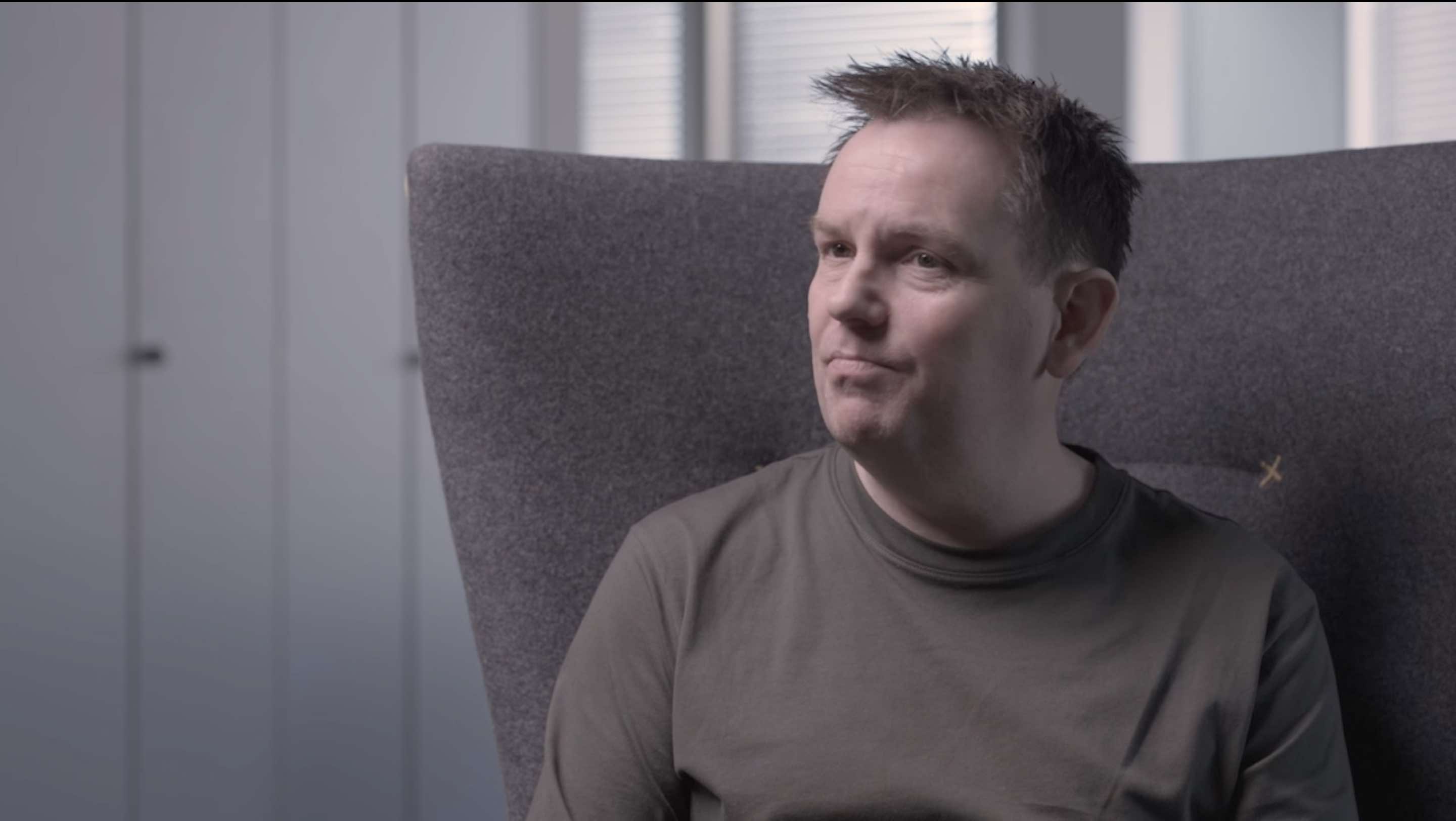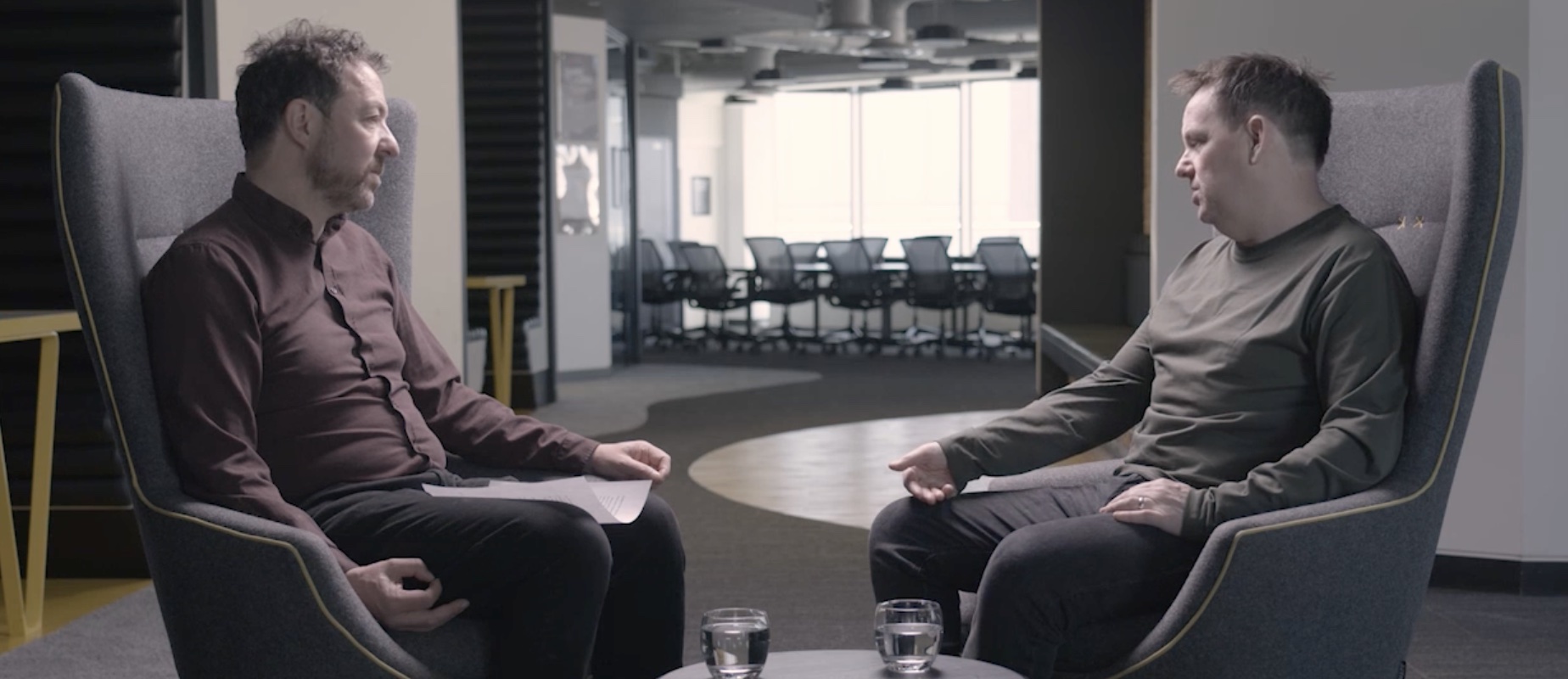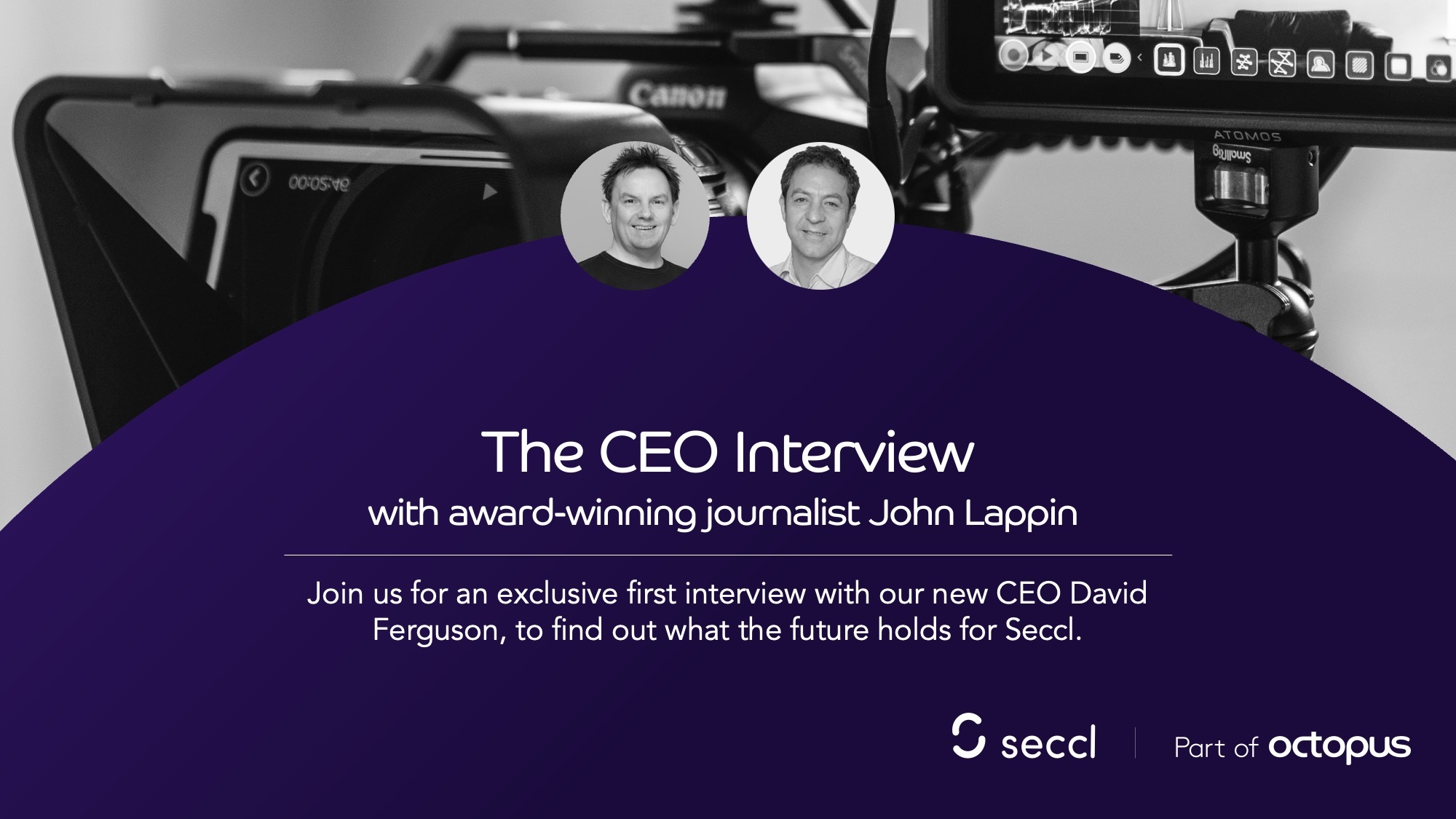“I think the idea that you can just throw money at something to fix it has been shown to be flawed. It’s not true that there isn’t room for innovation – it’s a scale market, and I don’t buy the argument that you have to be big to succeed.”
Last week, in one of his first public appearances in the role, our new CEO David Ferguson sat down with renowned journalist, and former editor of Money Marketing, John Lappin, for an exclusive interview.
During the 30-minute chat, David spoke about his reasons for joining Seccl and his aspirations for the company – as well as his predictions for the platform market, and the biggest challenges currently facing advisers and advice firms.
There is plenty of change afoot at Seccl, as well as in the rest of the sector, so this feels like a really exciting time to hear from David about what the future could hold.
You can watch the whole interview here, or read the highlights below.
JL: First off, why did you join Seccl?
DF: I think it’s just a really exciting time for the business and for the platform market. When I was looking for a new position, I was interested in joining a company that would be able to play a big role in shaping that future. The business is in a great place, in that it’s got great technology, it’s really well set up, it’s got a great culture – and it has got a backer that has ambitions and values that are aligned with my own.
JL: What’s your view on where we are now in terms of evolution in the platform market?
DF: I think we might be at a kind of staging post. In the past two decades, it’s been all about getting transparency for fees and being more effective in the way we do things. What we haven’t seen yet, and what I think is really exciting for the next ten or twenty years, is a substantial improvement in the way these systems operate – much more efficient, purely digital, and much better connectivity between systems.
Whether it’s a fintech or an adviser firm using this technology, and whether they’re using it directly or through other systems they might operate, I think we’re in a world now – capitalised by COVID, really – where there’s an opportunity to do something totally digital that transforms the efficiency of how this all works, layered on top of all the transparency around fees.
JL: What would you identify as the biggest problems facing the platform market?
DF: There are a few different issues, but I think the biggest, on an operational level, is connectivity between systems. It’s not necessarily always true that advisers want their platforms to be their primary technology – it can be, and often is, a back-office system or a client management tool of some description. That connectivity is poor. There are very few platforms that can expose transaction data through an API – there are only one or two in the market that do that.
There is a wider picture about control – “Have I got control over my proposition?” What we’re seeing in the platform market today are businesses that are often run by, say, an asset management business, where the predominant focus is more about selling funds – it’s not necessarily about making advisers more efficient or improving customer outcomes. You have other businesses that are more set up to improve the efficiency of advisers, but then there’s a whole thing about the pace of change and how quickly firms can evolve and develop.
What I see now in Seccl is a pace of being able to develop our technology and develop our product – and if that plays out to the market, advisers will have the opportunity to take more control over their proposition, but also see much more rapid change. I think that’s a particularly exciting part of all this.

JL: Some of Seccl’s competitors are pretty big players – how do you feel about that?
DF: My experience over the past twenty years is that there will always be that “We’re big so you’re not relevant” kind of chat. But frankly if we can be ignored by those sorts of people for as long as possible, I’ll be perfectly happy with that.
I think the idea that you can just throw money at something to fix it has been shown to be flawed. It’s not true that there isn’t room for innovation – it’s a scale market, and I don’t buy the argument that you have to be big to succeed. I think it’s probably true that you might want to become big to remain successful in the fullness of time. But endless industries, professions and industries have shown that scale has its own issues and challenges.
To give you an example, the efficiency levels that Seccl generates processing cash transactions is a magnitude beyond the rest of the market, and there are two people working on that – processing over 78,000 cash transactions last month. No one else is achieving that level of efficiency today, and we’re a little company in Bath! I think over time there will be more and more examples of that.
JL: And finally, where will Seccl be in five years time?
DF: Getting on with things and being ignored by those big ugly companies you referred to earlier! I think in five years’ time we’ll be a substantially larger company in terms of revenue and assets. But I don’t think we’ll be enormously bigger in terms of headcount – we’ll be scaling through technology not through adding hundreds of people doing administration operations.
Lastly, I would hope be understood that we were the obvious choice for anyone wanting to build a great digital platform that they can control.

